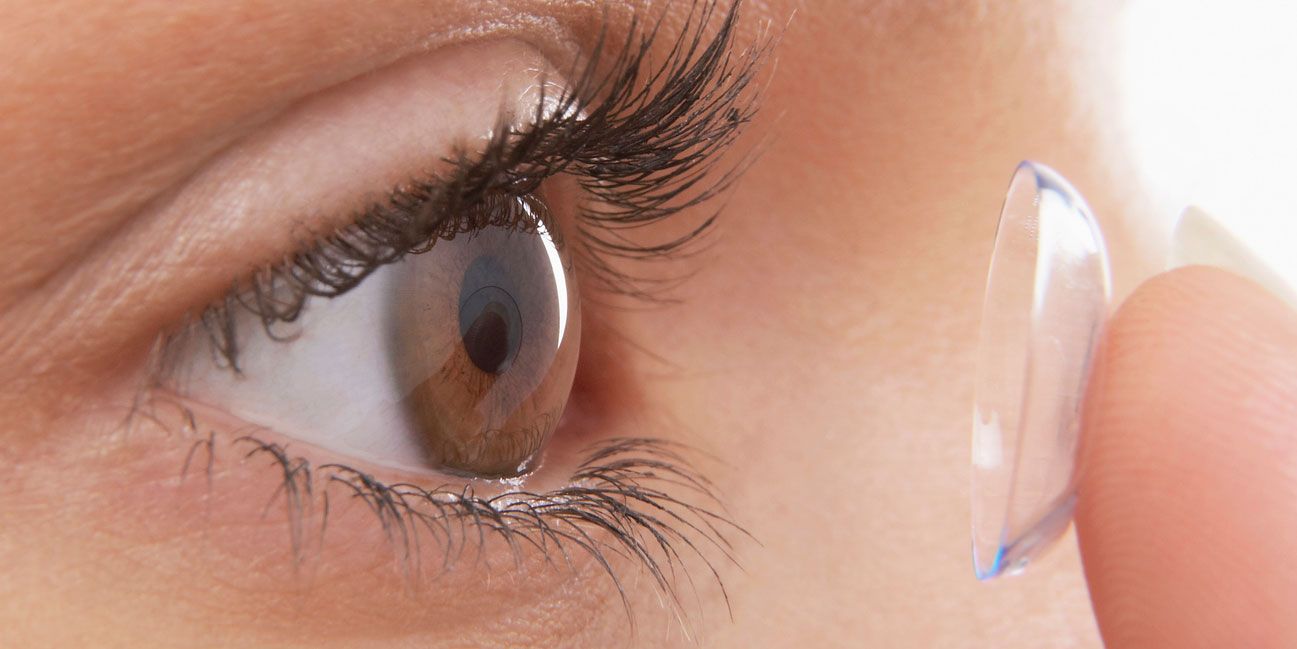Contact Lens
Contact Lenses
A contact lens is a curved and slender lens that directly covers the surface of the eye. While primarily considered a medical device, many individuals also use contact lenses for aesthetic purposes. These lenses come in various types, including hard, soft, or a combination thereof.

Contact lenses offer several advantages over traditional eyeglasses, such as:
- In certain eye conditions like keratoconus, contact lenses often provide superior vision correction compared to glasses.
- Contact lenses afford the wearer better peripheral vision in comparison to glasses.
- They alleviate issues related to fogging of glasses, a common inconvenience, especially on rainy days or when wearing masks.
- Glasses can be susceptible to damage during sports or other activities. Additionally, perspiration can cause them to slip down the nose, affecting vision. Hence, contact lenses are a more practical choice for sports and recreational pursuits.
Tips for Contact Lens Usage
What should you keep in mind when inserting and removing contact lenses?
- Always wash your hands thoroughly before handling the lenses. Ensure you refrain from using lotion, as it can lead to clouding of the lens.
- Prior to inserting the lens, inspect it for any signs of damage and verify that the correct side is facing outward.
- Clean your lenses daily by gently rubbing them with a recommended solution for approximately 10 seconds on each side, following by rising. It is crucial to use only the solution prescribed by your doctor for lens cleaning.
Avoidance when using contact lenses
What precautions should you take when using contact lenses?
- It is not advisable to wear contact lenses while sleeping, unless expressly permitted by your doctor.
- Avoid wearing lenses while swimming or using a hot tub.
- Never use tap water or any other non-sterile water source to clean your lenses.
- Refrain from using eye drops without the approval of an ophthalmologist when wearing contact lenses.


